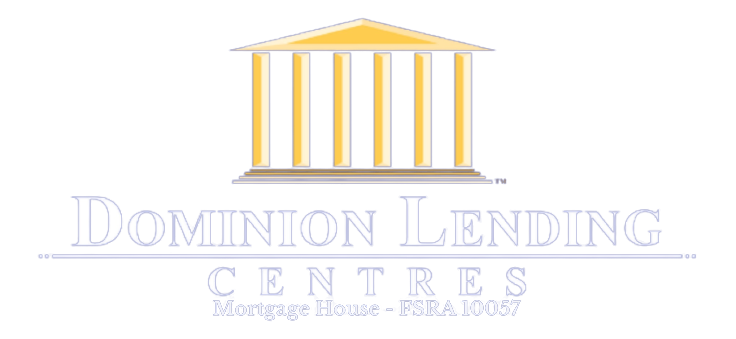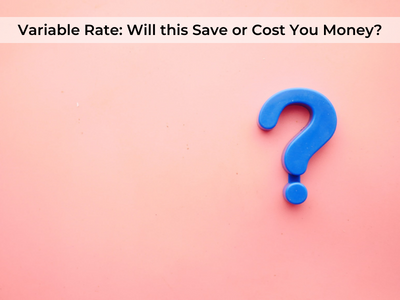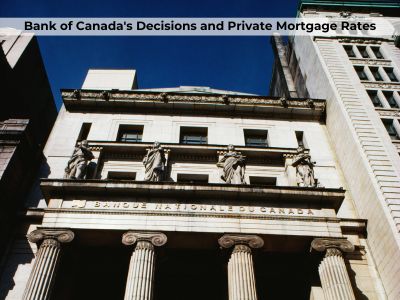We have dealt with so many topics and sub-topics surrounding mortgage loans. Some were technical while some were theoretical. However, we cannot escape the reality that one of the major players in the mortgage arena is interest. It is through this fractional amount – often represented as a percentile value – of the principal that many borrowers fall either in dismay or in elation depending on their current financial standing.
This “sneaky” value that oftentimes disrupts the normal flow of timely payments (due to interest rate fluctuations caused by economic instability, inflation, etc.) is what causes borrowers to end up dealing with bad credit scores and high-risk borrower standing among lenders.
Today’s blog will focus on one of the two most common types of real property interest rates: mortgage variable rate. Another type – which is mortgage fixed rate – will be dealt with on our subsequent blogs.
Gear up and wear your best diving apparel! We are going deep with one of the most interesting topics to date which, we believe, Aquaman™ himself will take time to dive into.
Variable Rate Defined
We are known for the simplicity of presenting ideas to our readers – YOU – which is why we are doing away with technical jargon to provide you with a direct-to-the-point definition:
“A variable rate is an interest rate that adjusts over time
in proportion to changes in the market."Nothing can get simpler than the definition given above. For a borrower like you, having a variable rate may be inconvenient since this can change suddenly without any forewarning.
How will you cope as a mortgage loan borrower with the variable rate mortgage scheme?
Keep on reading so that you will have a better idea of how this loan interest type dictates the current rates for mortgages. This is important most especially for new house buyers or house builders.
Variable Rate Intricacies
Generally speaking, variable rates start out with a lower interest value which gradually increases in value over time most especially when the economy falters or temporarily stagnates (i.e. trade embargo).
In cases like these, your mortgage rate can experience either of the following: (1) it can skyrocket without notice to cover for possible losses, or (2) it can remain stagnant for a while then gradually increase in time to allow borrowers to adjust to its fluctuating rate.
Once you find yourself in a rut regarding variable interest rates on your mortgage agreement, the best thing for you to do is to keep calm and to manage properly your finances so that you are able to settle your monthly amortization on time.
Financial prudence comes into play with this kind of interest rate since you can never be certain when this will rise or drop in the future.
You can learn more about variable rates by consulting a respectable mortgage agency like DLC mortgage Ontario and other Canada-based mortgage firms.
Elements of Variable Rates
There are elements involved in the computation of variable rates or determination of variable rate values:
a. Credit score – we have been discussing this element for most of our previous blogs. This only shows that your credit standing is essential in the determination of your mortgage loan rate.
b. Lender – another element to consider is the lender. In fact, the lender dictates the value of the interest rate that a borrower will receive. Lenders can be banks, credit unions, and reputable lending agencies.
(NOTE: We have to emphasize the third lender type because most borrowers get conned or scammed by unscrupulous individuals making claims that they are reputable and can provide you their best rates. Be wary of these people most especially if you are searching online.)
c. Loan product – your loan product is dependent on your chosen lender. Be careful and exercise diligence before committing yourself to sign the mortgage contract.
These elements need to be understood to the fullest so that you will not be “lost in translation” when the time comes that you are about to apply for a mortgage loan. Learning these beforehand will provide you or any first-time homebuyers with information regarding this rate structure.
Interest-Rate Caps
Interest rate caps are ceiling amounts that serve to protect borrowers from interests climbing to extremely high rates.
There are three main interest rate caps that you should be familiar with:
a. Initial cap – this states the maximum value that your rate can change
b. Periodic cap – this states the value that can change during each adjustment period
c. Lifetime cap – this states how high the rate value can rise
Other factors that also determine the overall costs involved in the computation of mortgage variable rates are term length, lender fees, and servicing costs, respectively.
Final Thoughts
There are two types of loan interest rates and these are fixed rates and variable rates. Variable rates can immediately change without warning and throw off most borrowers because of their sudden fluctuation in
value. There are many reputable mortgage agencies that can provide you with the best assistance regarding this.
Be careful in dealing with people who claim that they can and will give you their best mortgage variable rates without vouching for them initially. Many shadowy individuals and con-artists populate the web to steal your money and leave you in dire financial distress.
Practice wisdom and be diligent all the time to avoid losses and disenchantment.
We are your trusted mortgage solutions experts based in Canada founded by Faizal Garasia in 2019. We have access to more than 90 lenders including the largest banks, credit unions, trust firms, and financial institutions across Canada.
We help you understand and resolve issues regarding mortgages, finances, taxes, and other loan-related payments that impact your real estate plans.
Contact us at (416) 825 0142 or send an email to faizal.garasia@dominionlending.ca today for more information.




